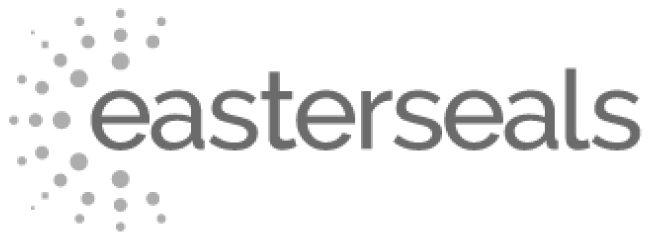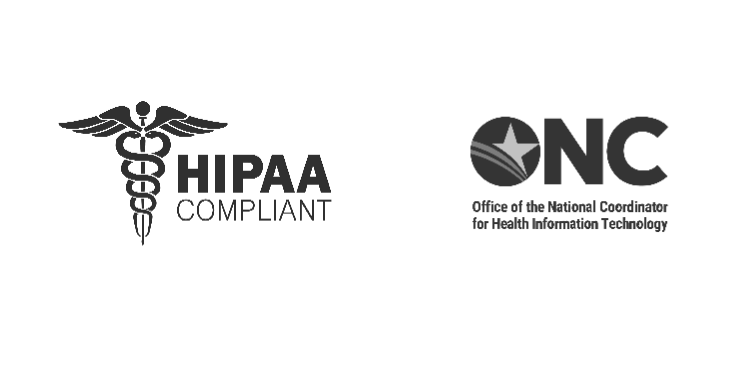What expertise does Digital Scientists offer in healthcare analytics and data engineering?
Digital Scientists brings a robust team of data scientists and engineers experienced in healthcare analytics and data engineering. We specialize in developing advanced analytics platforms that process and interpret complex healthcare data to provide actionable insights. Our team ensures these systems are secure, scalable, and fully integrated with existing healthcare infrastructures.












